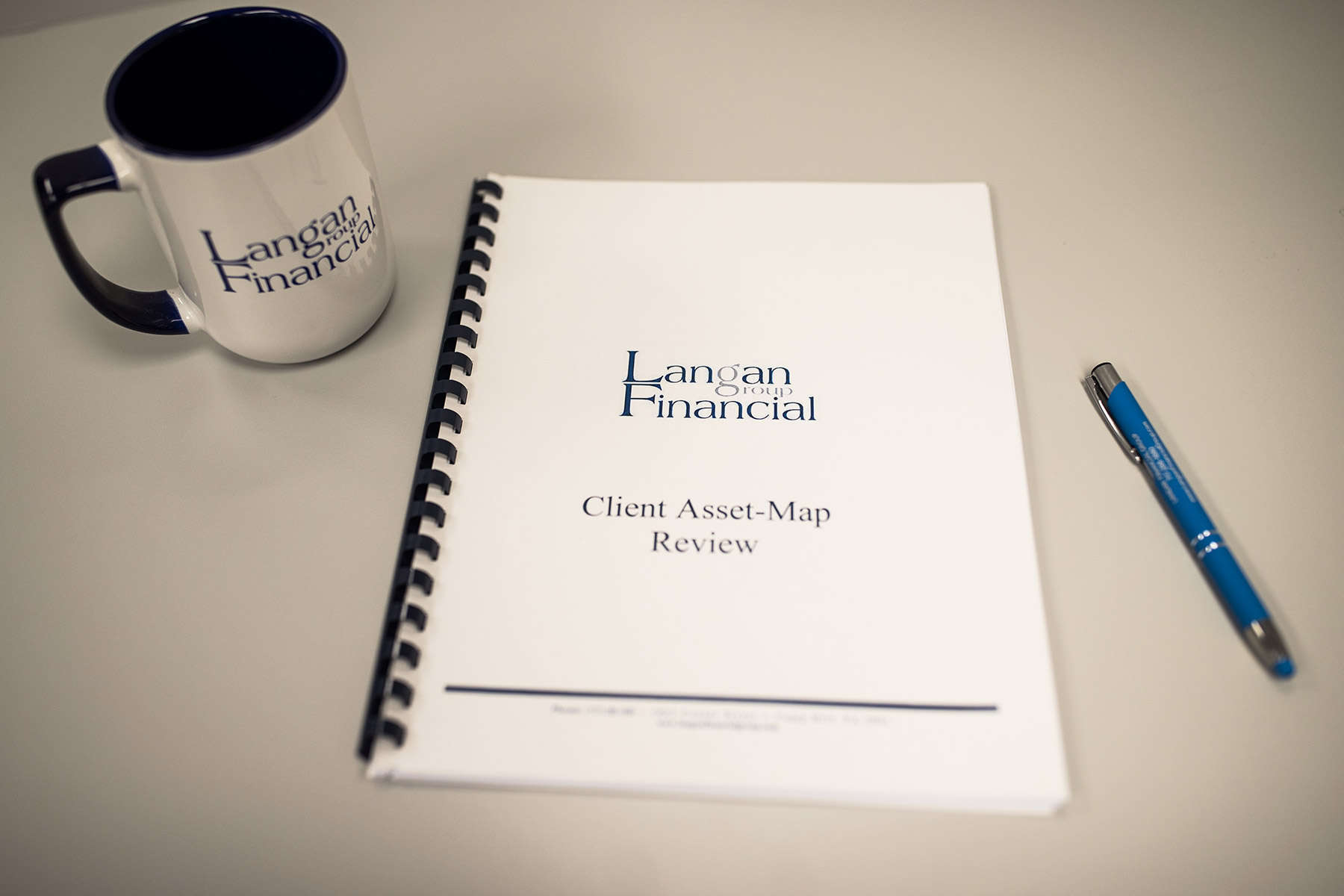When contributing to an employer-sponsored retirement plan, participants typically do not expect to use the funds before retirement. However, in some situations, they may find they do not have any other alternatives.

What is a 401(k) Loan?
A 401(k) loan is when a 401(k)-plan participant borrows money from their retirement savings account. Since the money is being borrowed from the participant’s retirement savings, they are technically borrowing the money from themselves.
Do I Have a 401(K) Loan Option?
Not all 401(k) plans will have loans available, but according to Vanguards 2022 How America Saves report, most plans do, with 81% offering loans.
Some plans may allow a non-hardship 401(k) withdrawal, but it will depend on the provisions defined in the summary plan description (SPD).
A non-hardship 401(k) withdrawal allows participants to take plan withdrawals without providing proof of a hardship. The criteria on this would be found within the SPD. To identify these options, it is best to request a review with the financial advisor on the plan.

Difference Between a 401(K) Withdrawal vs. a 401(K) Loan
401(k) Withdrawal
A 401(k) withdrawal, which could be a normal withdrawal or a hardship withdrawal, is used in the case of immediate and heavy financial need due to:
- Medical expenses or health insurance premiums for the participant, spouse, dependents, or beneficiary
- Tuition, or other educational expenses for the participant, spouse, dependents, or beneficiary
- Mortgage or rent payments to prevent eviction
- Funeral expenses for the participant, spouse, children, dependents, or beneficiary
- Specified expenses to repair damage to the principal residence
- Costs for the purchase of a primary residence (excluding mortgage payments)
With a 401(k) withdrawal, the participant will not receive the full amount. It will be taxed as ordinary income, and if under the age of 59 1/2, there will also be a 10% early withdrawal penalty.
Some situations mentioned above, such as funeral expenses or health insurance premiums could result in the 10% penalty being waived.
401(k) Loan
A 401(k) Loan is a participant borrowing against their 401(k) plan savings. When borrowing from the 401(k), the participant will not pay taxes or penalties on the amount loaned.
Each retirement plan may have different provisions of what amount and timeline of the loans are allowed, but generally, it is capped at 50% of the vested balance. The specifics of what is allowed for a 401(k) loan can be found in the 401(k)’s summary plan description (SPD).
The money loaned out of the retirement account will need to be paid back with interest within 5 years of initiating the loan. If it is not paid back in that timeframe, it will be treated as a distribution, incurring taxes and the 10% penalty.

Do 401(k) Loans Impact a Participant’s Credit Score?
Requesting a 401(k) loan will not be reported by credit bureaus, and therefore does not impact a participant’s credit score or debt-to-income ratio.
This is because the participant is not technically taking on debt, they are withdrawing funds, resulting in no requirement to evaluate the participant’s credit score.
Comparing a Personal Loan to a 401(k) Loan
When facing an immediate financial need that cannot be resolved with cash on hand, an individual may resort to a personal loan from a bank. A personal loan from a bank, credit union, or other lenders will be starkly different from a 401(k) plan loan in the following ways:
· They will need to do a credit check
· This will impact their debt-to-income ratio
· The interest payments will go to the lender, likely at a higher rate than the 401(k) loan
To determine the best course of action, it is important to meet with a financial advisor to thoroughly evaluate the suitability of initiating a loan.
An advisor can help asses current financial health, long-term goals, and the potential impacts of taking a loan to ensure the decisions align with financial objectives.
When is it a Good Idea to Take a 401(k) Loan?
Alex Langan, Financial Advisor at Langan Financial Group states, “A 401(k) loan can be a last resort during an unexpected hardship, but it can also disrupt the balance of long-term savings for retirement. Although it is not a decision to be taken lightly, with proper planning, it could be the path to a more secure future.”
While it can be a valuable resource for individuals with no other options, it should be approached with careful consideration and guidance from a financial professional.
The following options are typical reasons some individuals find it worthwhile to take a loan. These include:
Down Payment on House
Mortgage loans commonly require a 20% downpayment, unless taking advantage of a first-time homebuyer loan. Using a 401(k) loan towards the downpayment of a home purchase can be a good option if bank loans appear too expensive.
Though 401(k) loans typically need to be paid back in five years, depending on the provisions of the plan, it may be allowed to take on a longer payment schedule for a home purchase.
Medical Expenses
Health insurance is not always enough to offset the costs of medical care. If a 401(k) participant receives an unexpected medical bill that must be paid out of pocket, a 401(k) loan may be the most suitable option.
Paying back high-interest debt or debt owed to the IRS
Sitting on credit card debt with a high-interest rate can result in paying more money in interest. Additionally, if money is owed to the IRS, they can impose penalties such as tax lien or levies of salary or bank accounts.
A loan from a 401(k) program may be a suitable option to alleviate the debt and mitigate further high interest.
Education Expenses
401(k) loans can be used for tuition or other associated costs of education. For a 401(k) participant or one of their dependents, a 401(k) loan may be a better choice than a student loan since the interest rate will likely be lower than a student loan.
In addition to the lower interest rate, the money will be paid back to your own 401(k) account rather than a loan organization.
401(K) Loan Pros
Three primary advantages to taking a 401(k) loan versus other loans are:
- The interest flows directly back to your 401(k) account, instead of an external lender
- No credit check is required, ensuring no impact on your credit score or debt-to-income ratio
- The interest rate may be lower than a loan from a lender, depending on the participant’s credit score
401(K) Loan Cons
When considering a 401(k) loan, it is important to know of the potential downsides:
· If the loan is not repaid in full within the repayment schedule, it will be treated as a taxable distribution from the retirement account, incurring income taxes and, if under the age of 59 ½, an additional 10% penalty
· Ceasing contributions during loan repayment will cause the participant to miss out on any matching payments
· Depleting retirement funds can lead to a loss of compound interest growth

Alternatives to a 401(k) Loan
A loan from a 401(k) plan should be viewed as a last resort, and other options should be considered before deciding whether the 401(k) loan is a suitable choice. Other options to a 401(k) loan are:
· Utilizing emergency savings or other non-retirement savings, such as a brokerage account
· Using a Health Savings Account for qualified medical expenses
· Withdrawal of contributions from a Roth IRA
· Home equity line of credit or a personal loan
It should be noted that when considering a loan of any kind, review the interest rate and repayment schedules and take into account who is receiving the interest payments.
When determining if it is a viable solution, it is important to meet with a financial advisor to review other options and to ensure all aspects of the loan are understood.
About the Financial Authors
Alexander Langan, J.D, CFBS, serves as the Chief Investment Officer at Langan Financial Group. In this role, he manages investment portfolios, acts as a fiduciary for group retirement plans, and consults with clients regarding their financial goals, risk tolerance, and asset allocation.
With a focus on ERISA Law, Alex graduated cum laude from Widener Commonwealth Law School. He then clerked for the Supreme Court of Pennsylvania and worked in the Legal Office of the Pennsylvania Office of the Budget, where he assisted in directing and advising policy determinations on state and federal tax, administrative law, and contractual issues.
Alex is also passionate about giving back to the community, and has participated in The Foundation of Enhancing Communities’ Emerging Philanthropist Program, volunteers at his church, and serves as a board member of Samara: The Center of Individual & Family Growth. Outside of work and volunteering, Alex enjoys his time with his wife Sarah and their three children, Rory, Patrick, and Ava.
Harry Claypool currently serves as an Associate 401(k) Advisor at Langan Financial Group where he assists Alex in servicing retirement plans, preparing plan reviews, and handling administrative work. In his free time, Harry enjoys visiting new restaurants, spending time with friends and family, and watching the Eagles.
About Langan Financial Group: 401(K) Financial Advisors
Langan Financial Group is an award-winning financial planning firm with offices in York, Pennsylvania and Harrisburg, Pa.
With over 100+ 5 star reviews, Langan Financial Group is an independent financial planning firm established in 1985, offering a broad range of financial planning services.
With an open architecture platform, our advisors have access to a diverse range of products, free from any sales quotas.
Our team of 9 financial experts, each with unique specialties, enhances our ability to focus on delivering value to our clients.
Disclosure
The content is developed from sources believed to be providing accurate information. The information in this material is not intended as tax or legal advice.
Please consult legal or tax professionals for specific information regarding your individual situation.
The opinions expressed and material provided are for general information, and should not be considered a solicitation for the purchase or sale of any security.
Securities offered through Cambridge Investment Research, Inc., a Broker/Dealer, Member FINRA/SIPC.
Investment Advisor Representative, Cambridge Investment Research Advisors, Inc. a Registered Investment Advisor. Cambridge and Langan Financial Group, LLC are not affiliated.
Cambridge does not offer tax or legal advice.




